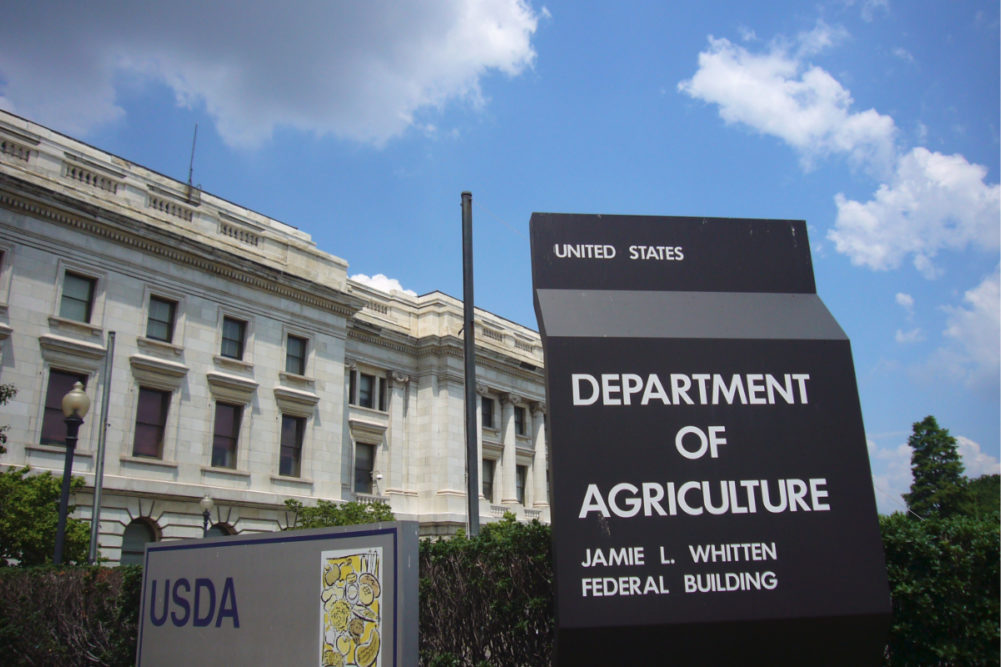WASHINGTON, DC, US — Tom Vilsack, President Joe Biden’s nominee for secretary of agriculture, outlined his priorities for the US Department of Agriculture in opening remarks delivered during his Feb. 1 confirmation hearing before the Senate Committee on Agriculture, Nutrition and Forestry. The panel proved receptive and unanimously voted to forward Vilsack’s nomination for confirmation by the full Senate.
Vilsack, who served as secretary of agriculture for all eight years of the Obama administration, and earlier served two terms as governor of Iowa, said addressing the COVID-19 pandemic, racial justice and equity and climate change will be his overarching priorities should he be confirmed.
“If confirmed, I will take bold action and work with this committee to address discrimination in all its forms across USDA agencies, offices and programs,” Vilsack said. “I will ensure all programming is equitable and work to root out generations of systemic racism that disproportionately affects Black, Indigenous and people of color. I will build the most diverse team in the Department’s history, one that looks like America, and will extend that commitment across all USDA agencies and offices.”
Vilsack asserted the USDA will do its part to end the pandemic.
“That commitment begins by doing all we can to distribute the vaccine so that we can get our economy back on track,” Vilsack said. “It also means following the science, instituting science-based measures and providing access to PPE to protect our workforce and partners. Our USDA food safety inspectors, for example, deserve not only our thanks for ensuring a safe food supply — they deserve knowing we have their backs.”
The pandemic has increased food insecurity in the United States.
“That’s why, if confirmed, I will work with this committee and state and non-profit partners to remove barriers to access for anyone who qualifies for federal nutrition assistance— SNAP, WIC, Pandemic-EBT, school meals and more,” Vilsack said.
Vilsack said the USDA also will work to increase efforts to address nutrition insecurity.
“We must do more to ensure access to the nutritious foods that can protect and promote health,” he said. “Making stronger, more resilient connections between our nutrition assistance and local and regional food systems is critical to winning this public health battle.”
Vilsack affirmed the farm economy is suffering due to the pandemic, years of consolidation, and natural disasters brought on by climate change.
He said if he is confirmed, “USDA will lead the federal government in building and maintaining new markets in America that diversify rural economies; producing healthy, local and regional foods; investing in renewable energy; creating a thriving bio-based manufacturing sector; embracing sustainable and regenerative practices that enhance soil health; and delivering science-based solutions to help mitigate and reduce climate change.”
Vilsack added, “We must stop the farm debt cycle and create transparency in pricing throughout the supply chain; expand overseas markets and give US agriculture a level playing field; and harness USDA’s expertise in science and conservation to work with farmers, ranchers and forest owners to create new sources of income tied to their good climate practices.”
Vilsack also pledged to raise morale among USDA employees by including staff in decision-making, protecting scientific integrity, and providing a safe, fair and rewarding workplace.




